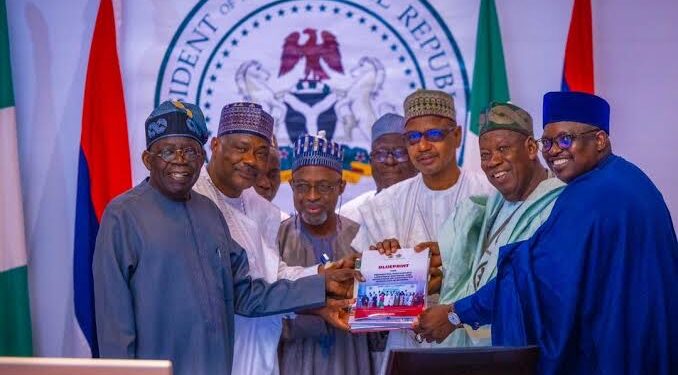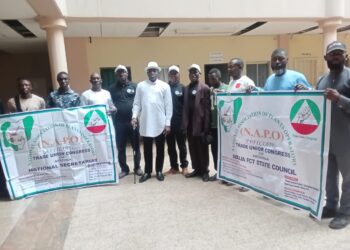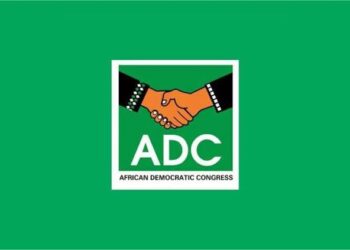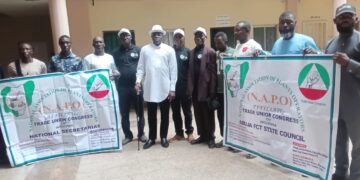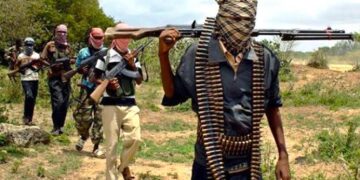President Bola Tinubu today announced the creation of a new Ministry of Livestock Development as part of efforts to resolve the ongoing conflict between farmers and herders across the country.
The President announced this at the opening ceremony of the Presidential Committee on Livestock Reform at the Ask Rock Villa. The Chairman of the Presidential Committee on Livestock Reform is Professor Attahiru Jega, a former Chairman of the Independent National Electoral Commission (INEC), among others.
The Committee shall present recommendations to promote peaceful coexistence between herders and farmers while ensuring the security and economic well-being of all Nigerians.
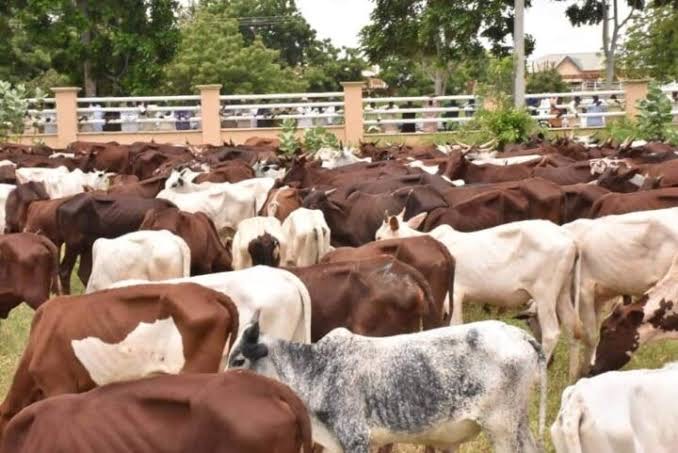
President Tinubu announced the establishment of the Ministry of Livestock Development ten months after approving the establishment of a Presidential Committee to resolve herder-farmer conflicts and strengthen the livestock and dairy industries.
He established the committee after receiving a report from the National Conference on Livestock Reform and Mitigation of Related Conflicts in Nigeria. The committee, chaired by the National Chairman of the All Progressives Congress (APC), Mr. Abdullahi Ganduje, submitted 21 recommendations to the President, including the establishment of a Ministry of Livestock Resources.
The President said the committee would work with the Federal Ministry of Agriculture and Food Security to develop a lasting solution to the long-standing crisis between farmers and herders, thereby ensuring the security and economic well-being of all Nigerians.

Conflicts between herders and farmers over farm and grazing land in Nigeria are serious and escalating, causing numerous casualties and heightened tensions, especially in the no man’s land in the country.
Drought and desertification in the north have forced pastoralists to seek pastures further south, leading to competition for resources and clashes with sedentary farmers.
These conflicts result in significant losses in lives and livelihoods, undermine food security, enable the proliferation of small arms and light weapons, displace large numbers of people, and divert resources intended for development.
Vulnerable groups such as women, children, youth, internally displaced persons, and indigenous peoples are particularly affected.
At least 2,600 deaths were recorded in north-central and northwestern Nigeria in 2021, according to an Associated Press report based on the latest data from the Armed Conflict Location and Event Data Project. This figure exceeds the number of civilian deaths caused by the Boko Haram insurgency.
In 2019, President Buhari’s administration approved the RUGA initiative, promising that it would lead to a significant reduction in conflict between herders and farmers and also increase livestock production.
However, despite these potential gains, many Nigerians were comfortable with the move. It was met with widespread opposition, with some Nigerians alleging that the initiative was a planned attempt to “Islamize” certain parts of the country. It was subsequently withdrawn from the presidency.


